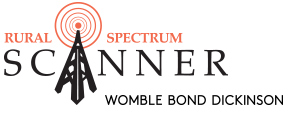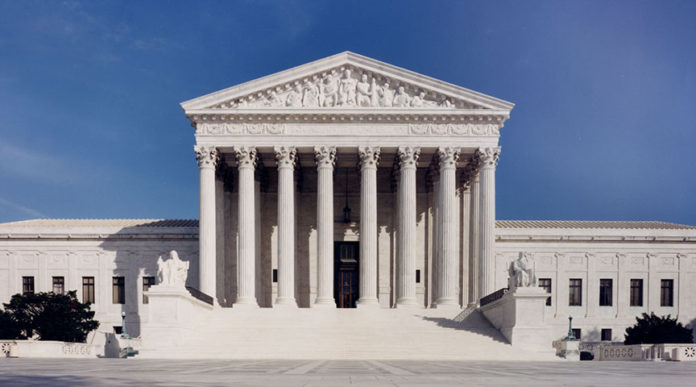The Supreme Court has overturned a longstanding legal doctrine in a landmark 6-3 decision in Loper Bright v. Raimondo. Known as “Chevron deference” (after the court’s Chevron v. Natural Resources Defense Council decision in 1984), the doctrine held that, pursuant to the Administrative Procedure Act (APA), courts were required to give deference to federal agency expertise in regulatory matters deriving from ambiguous or open-ended laws passed by Congress. In this case, groups of fishing businesses had challenged a National Marine Fisheries Service (NMFS) rule requiring fishers to cover certain costs of having federal compliance monitors on their ships, arguing the rule was an overly broad interpretation of the underlying statute and exceeded agency authority. Because the fishing groups’ legal challenges failed due to the appellate courts’ reliance on Chevron deference, they petitioned the Supreme Court to challenge the doctrine itself. In holding for the petitioners, the court majority in Loper Bright overturned Chevron deference on the basis that the APA requires the reviewing court—and not the agency whose action it reviews—to decide all relevant questions of law and interpret statutory provisions and to exercise its independent judgment. The Loper Bright decision stands to undercut federal agency authority in many federally regulated areas, including consumer, environment, and consumer-related matters.








